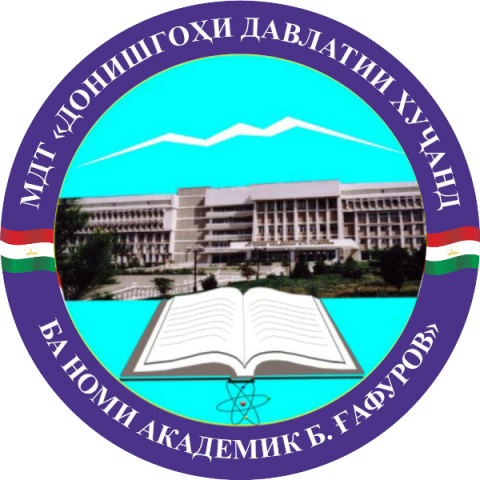2022
EFFICIENCY OF USE OF FOLK TALES IN THE PROCESS OF MORAL EDUCATION OF ELEMENTARY SCHOOL STUDENTS
 
Authors:Fayzieva Hanifakhon Ayubovna, lecturer at the department of social and professional pedagogy SEI "Khujand state university named after acad.B. Gafurov" (Tajikistan,Khujand)
JOURNAL NUMBER: 3(72). YEAR OF ISSUE: 2022.LANGUAGE OF THE ARTICLE: Russian
 
 ANNOTATION
Based on the conditions, prescribed in legislative documents, as well as social requirements, the author of the article notes that the main goal of national education is the development of morally educated citizens of the country. According to the author, folk tales can serve as a material that can help students to achieve educational goals at the initial stage while learning the native language and literature. As the author notes, the main mission of the teacher is to select and organize the content of education in the subject being taught, and in order to achieve the educational goal by means of folk tales, it is necessary that the teacher brings the material to the minds of the trainees to such a level that they can understand, perceive the reality described in the fairy tale and extract the necessary morality in order to apply the acquired knowledge in future life. According to the author, when selecting fairy tales, the teacher needs to pay attention to the language level of the students, and that this valuable material contributes to the development of a moral personality, broadening one's horizons, developing in it a cultural subject who has absorbed noble values.Having applied folk tales in her work in the 3rd and 4th grades of the Tajik school, the author made sure from her own experience that they really play one of the key roles in the moral education of students.
KEY WORDS
elementary school, students, teacher, folk tales, Tajik language and literature, moral education, qualities, abilities.
 ðÉð¢ð│ð╗ð©ð╣Ðüð║ð©ð╣
ðÉð¢ð│ð╗ð©ð╣Ðüð║ð©ð╣
 ðóð¥ÊÀð©ð║Ëú
ðóð¥ÊÀð©ð║Ëú  ðáÐâÐüÐüð║ð©ð╣
ðáÐâÐüÐüð║ð©ð╣ 
